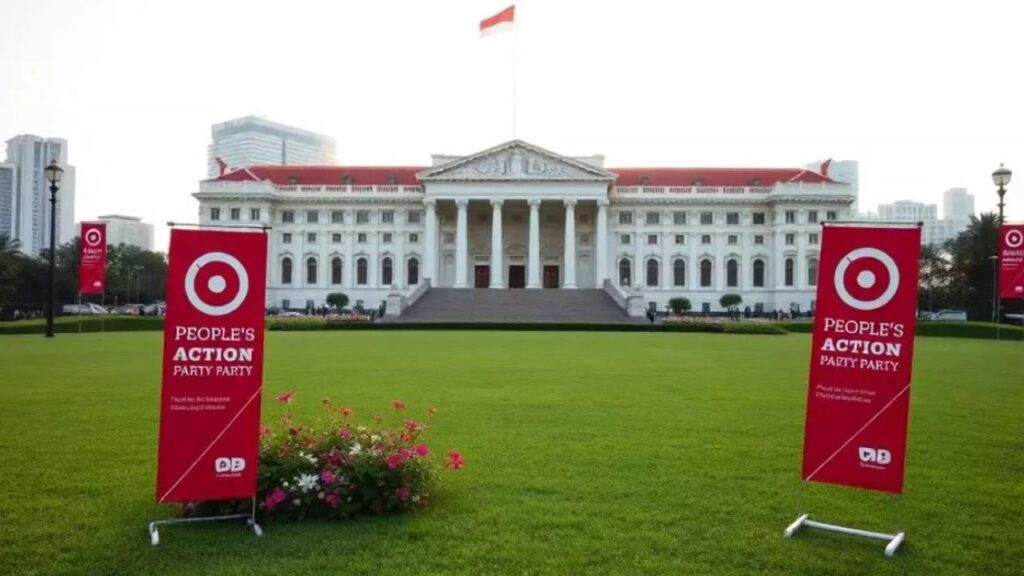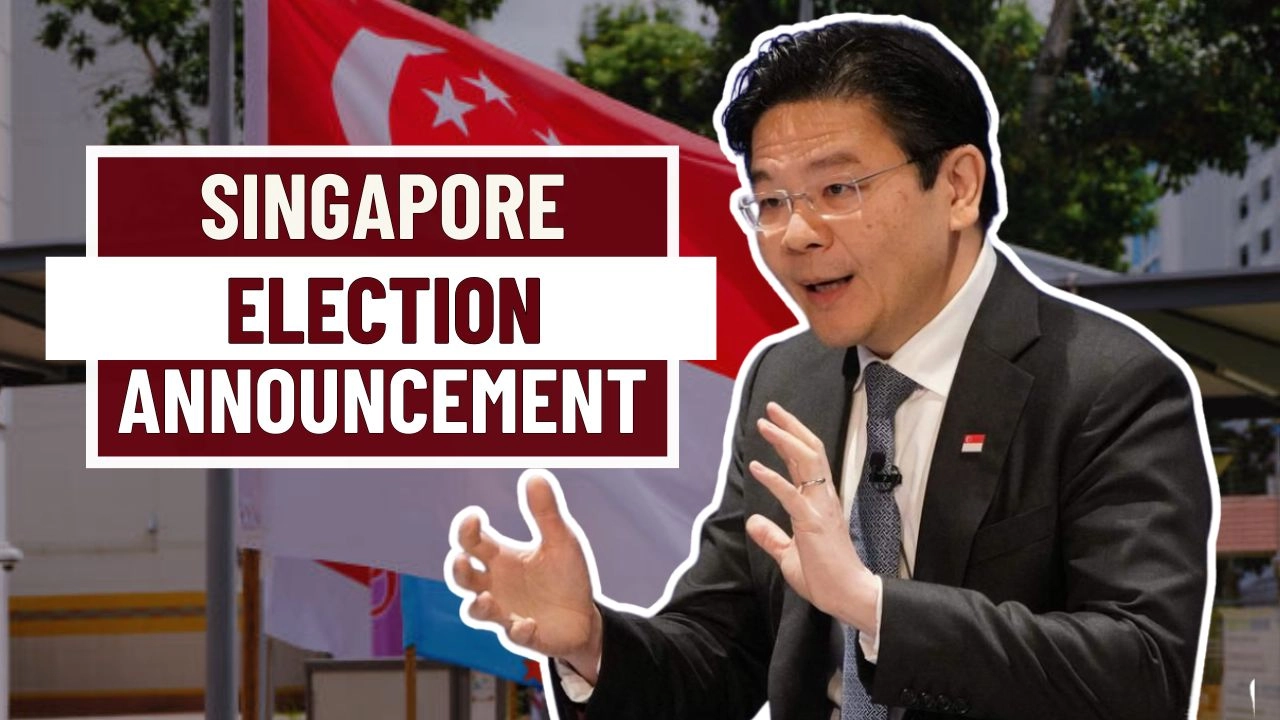In a move that marks the beginning of a fresh electoral cycle, Singapore’s President Tharman Shanmugaratnam has officially dissolved parliament, paving the way for the nation to hold its next general election. This announcement, made on a Tuesday, initiates a critical phase in Singapore’s political calendar, as citizens prepare to vote for their new parliamentary leaders.
Leadership Decisions Shaped by Shifting Global Trends
Following the dissolution, Prime Minister Lawrence Wong cited rising global instability as the key reason behind the recommendation. He pointed to ongoing economic disruptions, particularly those tied to past tariff policies from the Trump administration, as a catalyst for change. Wong noted that the foundational strategies that once supported Singapore’s economic achievements are now under pressure, necessitating adaptive leadership.
Citizens Asked to Chart the Nation’s Next Chapter

Stressing the importance of the election, Prime Minister Wong called on the people of Singapore to help decide who will steer the country through this complex global environment. He emphasized the critical nature of leadership in these times and urged citizens to take part in shaping the nation’s future direction. According to Wong, the upcoming vote represents a significant moment in Singapore’s national evolution.
Electoral Calendar Set with Swift Precision
In the wake of Wong’s statement, the Elections Department Singapore swiftly released the key dates for the upcoming general election. President Shanmugaratnam has issued the Writ of Election, officially marking the start of Singapore’s 2025 electoral process. Nomination Day is set for April 23, with Polling Day scheduled for May 3. The swift timeline underscores the seriousness of both domestic and global challenges currently facing the nation.
Previous Election Results Set the Stage
During the last general election in 2020, the People’s Action Party (PAP) solidified its dominant role by securing 83 of 93 parliamentary seats. Despite PAP’s commanding performance, the Workers’ Party made significant progress, winning 10 seats its strongest result since Singapore’s independence in 1965. This development signaled a shift in the political landscape and a growing appetite for diverse representation in parliament.
Ruling Party Seeks to Maintain Momentum Amid New Challenges
Looking ahead to the 2025 elections, the People’s Action Party aims to defend its parliamentary strength, though competition is expected to intensify. With 97 seats now available, the expanded contest offers more opportunity for opposition parties to grow their influence. Political observers are watching closely to see whether the Workers’ Party and others can build on their recent momentum.
Universal Voting Emphasizes the Power of Participation
Singapore continues to uphold its policy of compulsory voting, requiring all eligible citizens to participate in the electoral process. An estimated 2.75 million voters will be casting their ballots, reinforcing the country’s dedication to a participatory democracy. This approach ensures that the leadership chosen truly reflects the collective voice of the nation.
Turning Point Arrives as Singapore Faces Global Shifts
The decision to dissolve parliament is far more than a procedural event it marks a turning point in Singapore’s political and economic story. As the world faces rapid change, Singaporeans are being called upon to choose the leaders best equipped to navigate through uncertain terrain. With both domestic and international stakes high, this election could shape the nation’s course for years to come.


